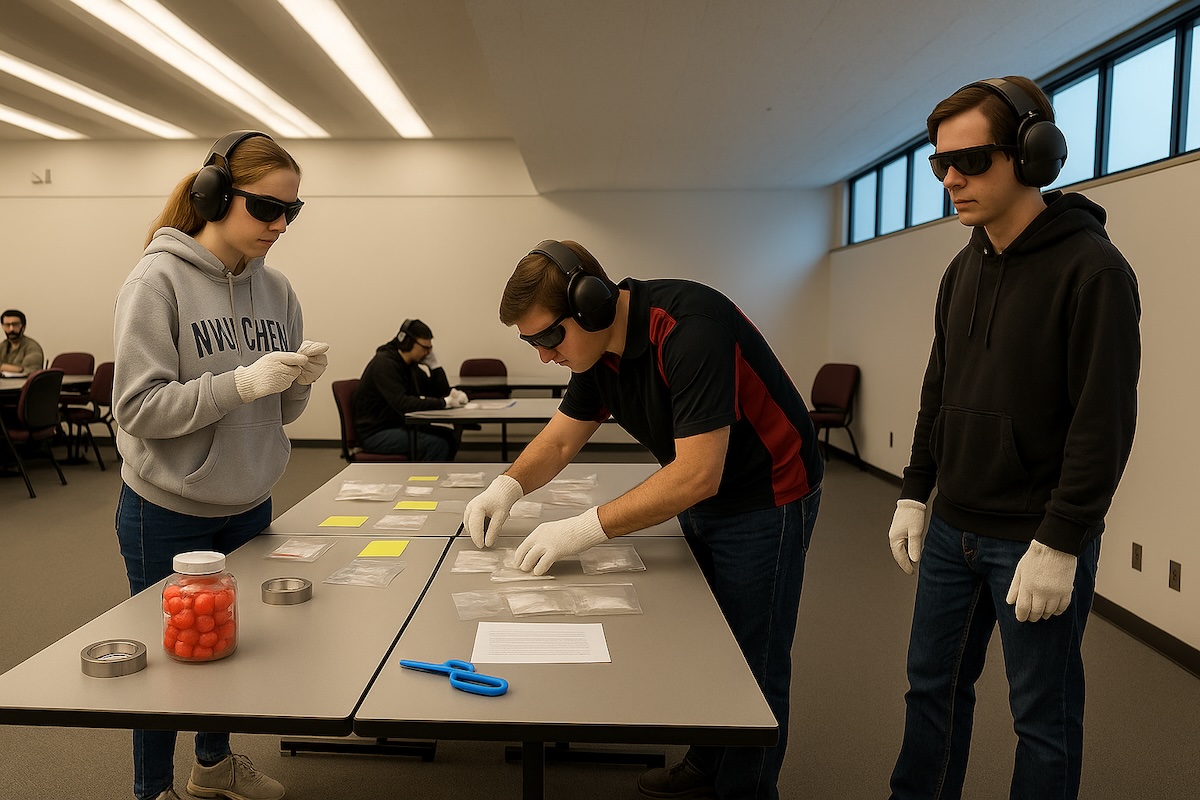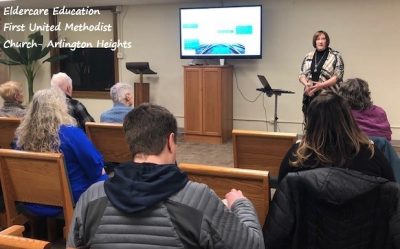Preparing the Next Generation: Why Aging Education Belongs in Higher Ed

In today’s evolving world of healthcare and human services, one thing is becoming increasingly clear: the next generation must be better equipped to care for an aging population. That preparation starts not in the clinic or at the bedside—but in the classroom.
At Northern Illinois University (NIU), where I've taught courses on aging, I see this need up close. But my journey began much earlier. When I was a student at NIU myself—many moons ago—I enrolled in two elective courses on aging. I didn’t have a grand plan to work in senior care. Like most students in their early 20s, I hadn’t thought much about getting older at all.
But those two classes changed my life.
One focused on the challenges of aging: depression, disability, and disease. The other painted a richer, more optimistic picture: aging as a time for reflection, connection, and renewal. Together, they sparked something. I began to understand aging as a deeply human, multidimensional experience—one that affects us all. And that realization ultimately led me into a career in aging services.
A Classroom With Real-World Consequences
Fast forward 35 years and having taught aging courses to college students— I see firsthand how this content still surprises and reshapes their worldviews. It often starts small, with personal stories about grandparents or a family member living with dementia. But as the semester unfolds, something shifts. Students begin asking bigger questions. They see themselves not just as future professionals, but as future caregivers, neighbors, advocates, and leaders.
Here’s why it matters.
First, the earlier we understand aging, the more we can shape our own experience with it. I often ask students, “Who do you want to be when you’re 80?” It’s a tough question. Most have never thought that far ahead. But once they do, they begin making different decisions. They start to connect the dots between lifestyle, perspective, and purpose.
Second, the field of aging services desperately needs new energy, empathy, and leadership. Yet it remains overlooked. Many students don’t realize that working with older adults—whether in healthcare, social work, design, tech, or public policy—can be not only a career path but a calling.
That’s where education comes in. And not just theoretical instruction—but experiential learning.
From Theory to Empathy: The Power of Simulation
In the classroom, I paired traditional coursework with the Dementia Live® experience—a powerful simulation developed by AGE-u-cate Training Institute that allows participants to step into the world of someone living with dementia. It’s immersive, disorienting, and unforgettable.
One student shared,
“The book put the process of aging in an interesting light. I also thought the Dementia Live experience is something that all students should continue to participate in. This was an experience I will remember moving into my career, and even as a human being.”
Another reflected,
“I am actually shocked at how much I learned in this course and how interesting it really is.”
Quotes like these are not uncommon. Students consistently report how the experience deepens their empathy, understanding, and sense of purpose—not just in their professional aspirations but in how they relate to people in their lives.
When we educate students on the process of aging—and let them feel what it’s like to navigate the world with cognitive or sensory decline—it doesn’t just inform. It transforms.
Investing in the Future of Care
We often talk about investing in education. But what are we investing in? And who are we preparing students to care for?
According to the U.S. Census Bureau, by 2030, older adults will outnumber children for the first time in American history. That shift will affect every industry and every community. The need for informed, compassionate care is growing—and we have a responsibility to meet that moment with better education, better training, and better systems of support.
Programs like Dementia Live® for Higher Education are doing just that. They’re not just teaching facts—they’re changing mindsets. They’re helping students bridge the gap between clinical care and human experience. And they’re inspiring more students to pursue careers that center around dignity, aging, and person-centered care.
Aging Isn’t Optional. Understanding It Shouldn’t Be Either.
The reality is simple: Everyone will age. Everyone will know someone with dementia. Everyone will either need care or provide it. And yet most college students don’t receive any formal training on what that means or how to prepare.
That’s a gap we can—and must—close.
When colleges and universities offer aging-focused coursework and experiential programs, they aren’t just educating students. They’re helping shape a more age-inclusive, dementia-aware society. They’re building bridges between generations. They’re planting the seeds for better healthcare, better design, better policy—and most importantly, better relationships.
As educators, institutions, and advocates, we have a powerful opportunity: to prepare young minds to lead in a world where aging is not a liability, but a natural—and valuable—part of life.
Let’s invest in that future. Let’s bring aging education into the center of our classrooms. Because the future of care starts with what we teach today.
Want to bring Dementia Live® to your campus?
Learn more about our experiential training programs for higher education and how they’re preparing students to meet the needs of tomorrow’s aging population—with empathy, insight, and purpose.


